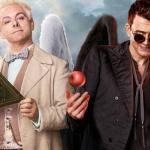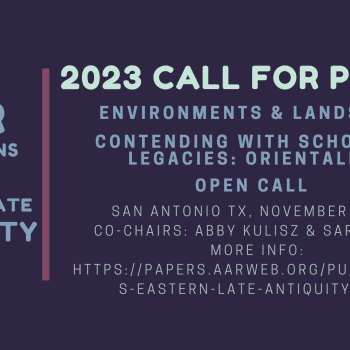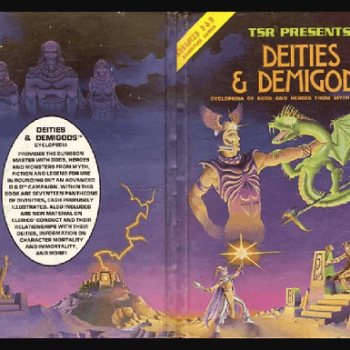From the Popular Culture and Philosophy blog:
Call for Abstracts: Neon Genesis Evangelion and Philosophy
Edited by Christian Cotton and Andrew M. Winters
When most people think of anime, they think of large eyed adolescents fighting fearsome monsters. While this is partly the case for Neon Genesis Evangelion, this is only a surface understanding of the show. Beyond the fearsome monsters and bio-machine Evangelions, the show explores the depths of the psyches of the adolescents when they become the very weapons needed to destroy the onslaught of Angles. Unfortunately, in the process of defending Tokyo-3 from a Third Impact, the three main characters, Shinji Ikari, Rei Ayanami, and Asuaka Langley Soryu, run the risk of destroying themselves.
The experiences the young adolescents face and the amount of secrecy that large organizations maintain makes Neon Genesis Evangelion writhe with philosophical themes, spanning areas such as existentialism, politics, ethics, aesthetics, metaphysics, epistemology, religion, and psychology.
For these reasons, we are seeking abstracts addressing the philosophical themes found within the anime Neon Genesis Evangelion for the Open Court Pop Culture Series (which includes titles such as The Simpsons and Philosophy, The Matrix and Philosophy, Twin Peaks and Philosophy, and Stranger Things and Philosophy).
We are seeking abstracts (300-800 words) dealing with any philosophically relevant topic in addition to the following:
• Eastern and Western mythological themes
• Mental health issues (Rei’s schizophrenia, Shinji’s Oedipus complex, and Ritsuko’s electra complex)
• Rites of passage from adolescence to adulthood
• The nature of the self and personal identity
• The relationship between humans and technology
• The relationship between religion, politics, and military actions
• The mind, consciousness, and the subconscious
• Sexual identity
• Cosmological origins
• The meaning of life
• The relationship between truth, knowledge, and power
Contributor guidelines:
1. 300-800 word abstract of paper (attached as a .doc or .docx)
2. Resume / CV for each author / coauthor of paper
3. Initial submission should be sent by email to [email protected]
DEADLINES:
1. Abstracts due: October 21, 2019, but you can send them in sooner
2. Notification of accepted abstracts: November 21, 2019
3. First drafts of papers due: February 21, 2020













